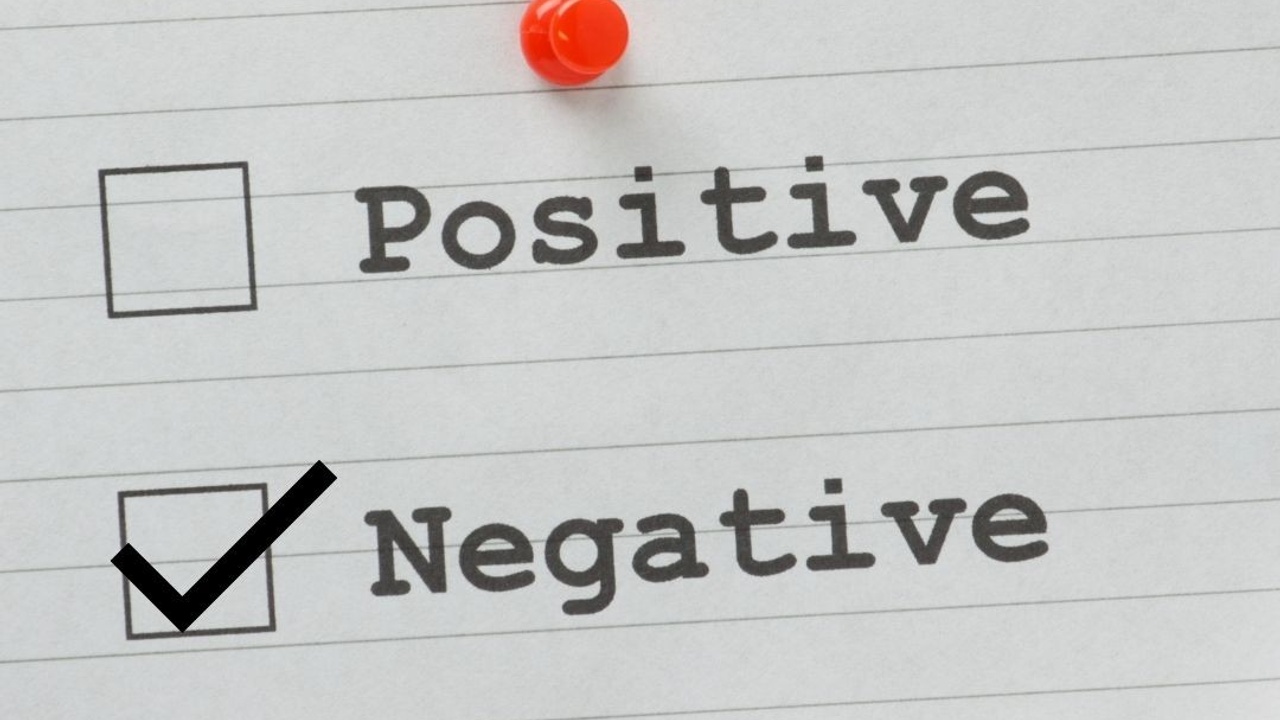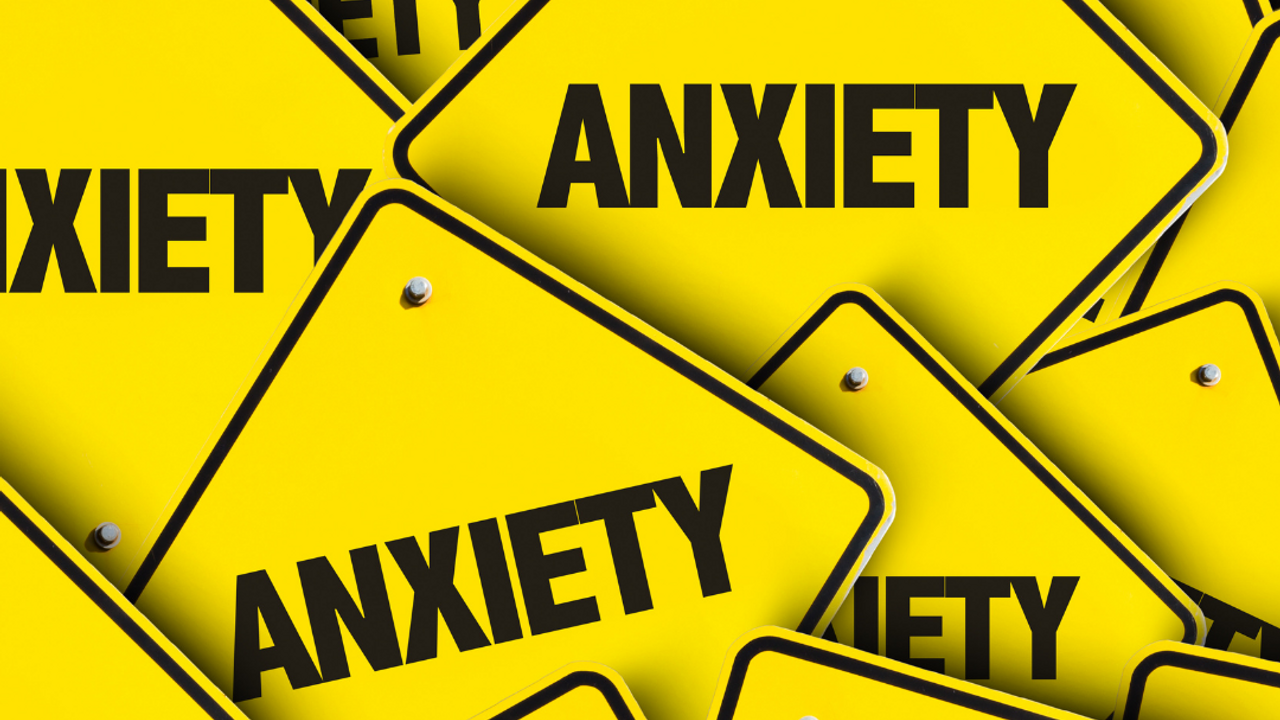Live Your Best Life!
Tips and actionable items to help you manage your mindset and achieve your goals so that you have success in all areas of your life. You deserve it and I am here cheering you on!!!
You Don’t Have To Believe All Your Thoughts

Have you ever had a thought that made you pause, cringe, or feel some form of anxiety, worry, or dread? Maybe it was something like, "I'm not good enough for this job," "Everyone is judging me," "I’ll never succeed," or "Are they are going to leave me”. These kinds of thoughts can feel so real and powerful in the moment, can't they? They sweep in and suddenly it feels like the only thing you can think about. You may literally feel a tightening of your chest, difficulty breathing, or feel your palms start to sweat.

But here’s the truth: Just because you think something doesn't make it true. Let that sink in for just a few seconds. You don’t have to believe every thought that crosses your mind. In fact, sometimes our thoughts are more like noise, distorting the truth rather than reflecting it. Let’s unpack why that is—and why you have the power to take back control of your mind.
Your Brain Is Trying to Protect You—But Sometimes It Overreacts
When you understand what is happening...
How Seasonal Transitions Can Impact Your Emotional Health

The changing of seasons has an impact on your life, from the way you dress, to the food you eat, to the activities you engage in, to the way you decorate the exterior and interior of your home. If you are like me, the scent of your soap and candles reflects the season you are in too! In addition to impacting all of these things, the change of seasons can also have a significant influence on your mood and emotional health. In this blog, I will explore ways in which your emotional health can be impacted by the change of seasons, as well as offer some tips for navigating these changes effectively.
If you have heard about how a change of season can impact your mood, it is likely related to cooler seasons. As the days get shorter and the temperatures get cooler, many people experience Seasonal Affective Disorder (SAD), or “The Winter Blues”. This is a type of depression that typically occurs during the fall and winter months. The reduced exposure to sunlight during this time can impact ...
Stop Disqualifying the Positive: 7 Steps to Help you From Falling into This Thought Distortion

Do you tend to see and focus on the negative aspects of a situation? “Disqualifying the positive” is what is referred to as a thought distortion, or a cognitive distortion. What this means is that your brain observes a situation and filters in the negative aspects of the situation and ignores, or discounts any of the positive aspects of the situation. If you are someone who experiences this, you are not alone. Our brains have what is called a “negativity bias” which causes them to highlight the negative things around us, while bypassing positive things.

The reason it does this is because, typically when you are experiencing negative things, you also experience negative emotions. This can raise an alarm with your brain because with negative emotions comes discomfort. Your brain does not want you to experience this discomfort, and it thinks that if it continues to focus on the negative thing that somehow it can prevent it from happening again and therefore avoid future discomfort. Ho...
Does it Feel Like Anxiety is Starting to Control Your Life?

Anxiety is defined as, “a feeling of worry, nervousness, or unease, typically about an imminent event or something with an uncertain outcome”. I don’t know anyone who has not experienced anxiety at some point in their lives. As a therapist and a coach, I work with individuals who have anxiety that they feel is negatively impacting their day-to-day living. Whether due to panic attacks, being distracted being unable to take action due to all the worrisome thoughts, by lacking confidence due to all the things they are worried about, or other reasons related to anxiety and worry, some individuals cannot function the way they want to due to their anxiety.

The good news is that there are things that can be done to reduce feelings of anxiety. Please note, that although I am a licensed therapist the suggestions in this article are not a replacement for formal one-on-one therapy. If you are experiencing significant anxiety and/or are having any concerns related to safety, please seek local t...
Positive Social Connection is Important for Your Mental Wellbeing

Social connection has been shown to lower anxiety and depression, improve physical health, improve day-to-day performance and quality of life, improve our immune systems, and help us live longer. I think we have seen the importance of this more than ever, over the course of the last year. Recently, I have been working with many clients who are experiencing increased levels of anxiety, depression, and stress because of the cumulative effect of not having been able to spend time with friends and family for an extended period of time. Although initially many people were happy about having more time for themselves, the impact of not seeing friends and family coupled with not seeing co-workers in person, has taken its toll on many. The National Alliance on Mental Illnesses is running a “You are Not Alone” campaign for Mental Health Awareness Month to highlight the importance of social connection as so many people have been impacted by the isolation caused by the pandemic.

I also think t...


